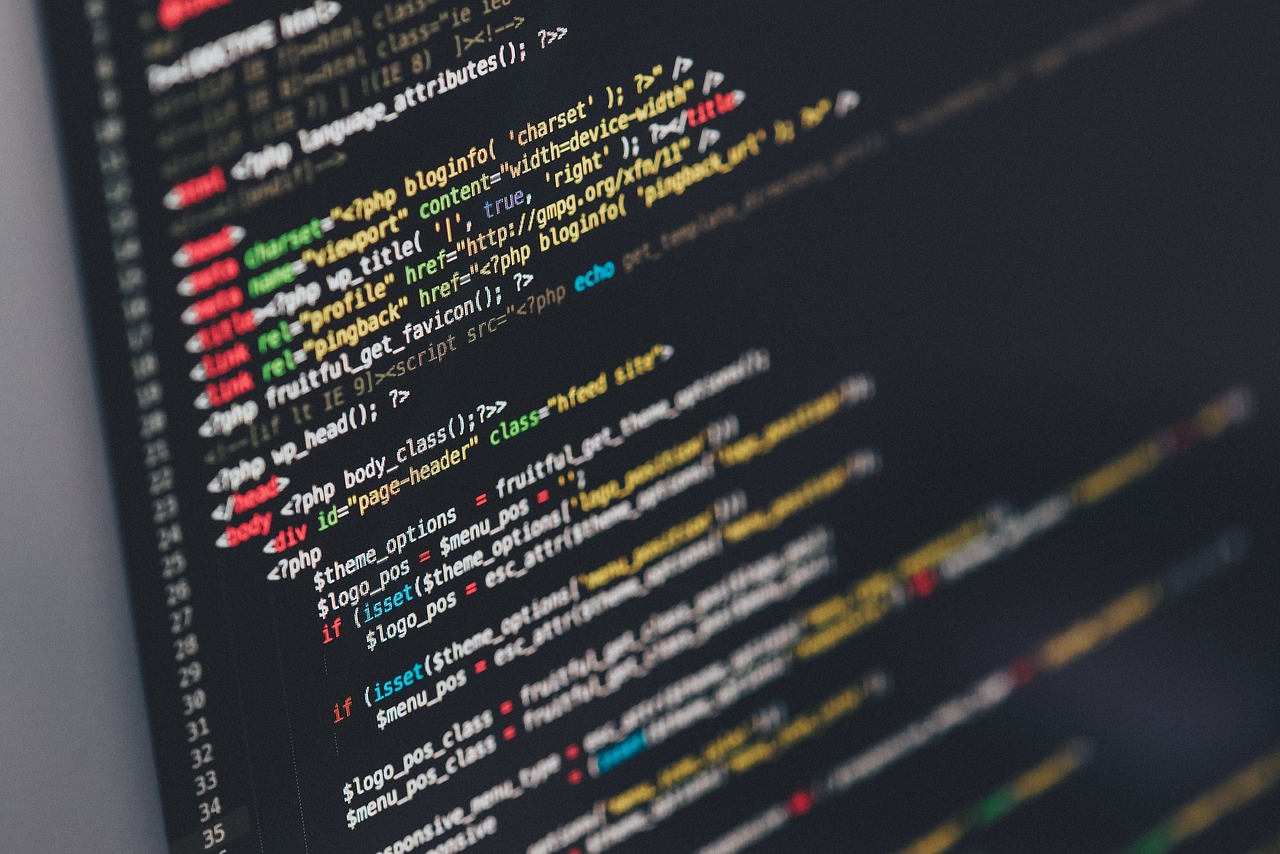
Java is a general-purpose, high-level programming language developed by Sun Microsystems (now owned by Oracle Corporation). It was released in 1995 and has since become one of the most popular programming languages in the world. Java is known for its platform independence, which means that programs written in Java can run on any platform that has a Java Virtual Machine (JVM).

Android is an open-source mobile operating system developed by Google. It powers a majority of smartphones, tablets, and other mobile devices worldwide. Android provides a rich set of tools, frameworks, and libraries that enable developers to create innovative and feature-rich mobile applications. Android offers a customizable user interface, support for various hardware components, and seamless integration with Google services.

C and C++ are widely-used programming languages that have been in existence for several decades. C, developed in the early 1970s, is a procedural programming language known for its efficiency and low-level control over hardware resources. C++ was introduced in the 1980s as an extension of the C language and added object-oriented programming features, making it a versatile language.

React is a popular JavaScript library for building user interfaces. It was developed by Facebook and is now maintained by Facebook and a community of individual developers and companies. React allows developers to create reusable UI components that can efficiently update and render data as it changes.

Node.js is an open-source JavaScript runtime environment that allows developers to build scalable and high-performance server-side applications. It uses an event-driven, non-blocking I/O model, which makes it efficient and well-suited for real-time applications that handle a large number of concurrent connections.